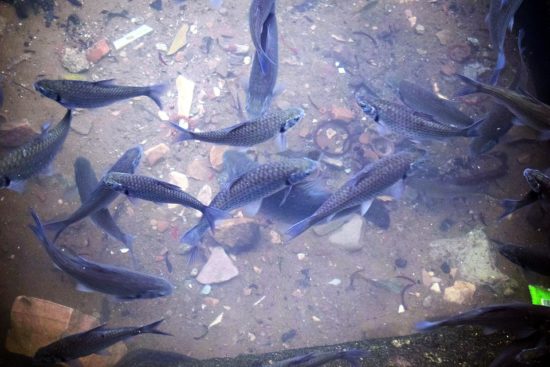Systems-thinking approach to identify and assess feasibility of potential interventions to reduce antibiotic use in tilapia farming in Egypt
Antibiotics are used in aquaculture to maintain the health and welfare of stocks; however, the emergence and selection of antibiotic resistance in bacteria poses threats to humans, animals and the environment. Mitigation of antibiotic resistance relies on understanding the flow of antibiotics, residues, resistant bacteria and resistance genes through interconnecting systems, so that potential solutions can be identified and issues around their implementation evaluated. Participatory systems-thinking can capture the deep complexity of a system while integrating stakeholder perspectives. In this present study, such an approach was applied to Nile tilapia (Oreochromis niloticus) production in the Nile Delta of Egypt, where disease events caused by antibiotic-resistant pathogens have been reported.
AMR NEWS
Your Biweekly Source for Global AMR Insights!
Stay informed with the essential newsletter that brings together all the latest One Health news on antimicrobial resistance. Delivered straight to your inbox every two weeks, AMR NEWS provides a curated selection of international insights, key publications, and the latest updates in the fight against AMR.
Don’t miss out on staying ahead in the global AMR movement—subscribe now!







